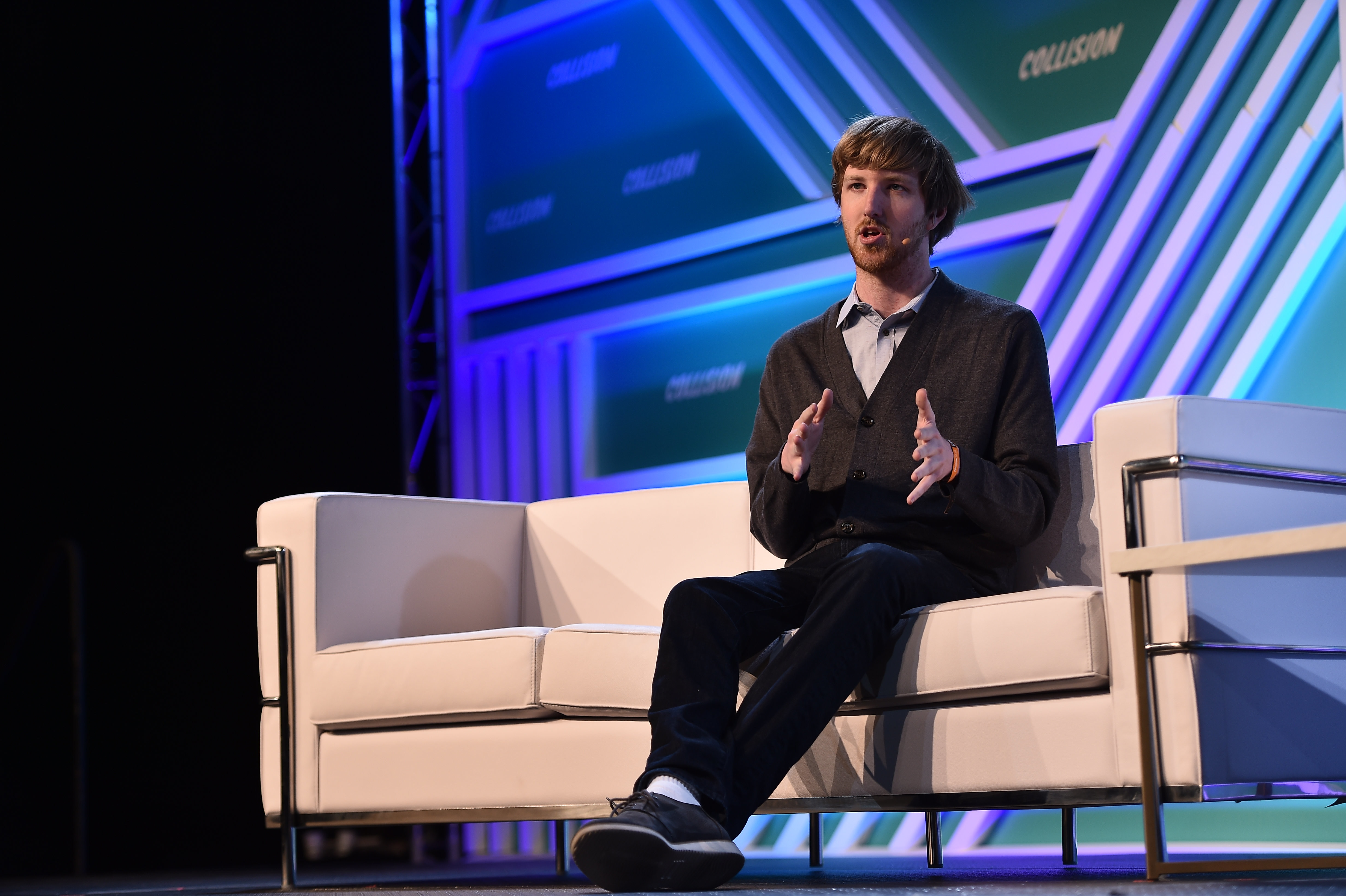

Russell went off to Stanford University the next year but left after three months to accept a Thiel Fellowship - a $100,000 offer from PayPal founder Peter Thiel to young entrepreneurs to skip college in favor of pursuing a promising idea. In 2012, Russell, then 17, founded Luminar in California, with Eichenholz joining shortly thereafter as co-founder and chief technology officer in Orlando.

They went to trade shows and conferences together Eichenholz, remembering his own youth spent doing laser experiments, took Russell under his wing. By his teens, Russell was doing laser experiments in his garage and already had applied for his first patent. Russell is said to have memorized chemistry’s periodic table at age 2. UCF’s reputation in optics drew him to Florida, where he earned a master’s and doctorate in optical sciences and engineering.Įmbarking on a career in the field from Orlando, he was introduced a few years ago to a California couple who wanted a mentor for their precocious son, Austin Russell. A Brooklyn native raised in New England, Eichenholz as a kid performed laser experiments in his basement and attended a National Science Foundation program in high school. The Metro Orlando Economic Development Commission’s innovation awards are named for Schwartz, who died in 2000 at age 73.Īmong his endeavors, Schwartz funded the first research project undertaken by Eichenholz in 1993 as a young UCF graduate student. Schwartz is generally regarded “as the father of lasers and optics in Orlando” and of UCF’s College of Optics and Photonics, says University of South Florida physics professor emeritus Dennis Killinger. Schwartz began founding laser companies in Orlando. Beginning in the late 1960s, an entrepreneur and laser expert named William C.

That talent pool owes to a quirk of biography. The talent that’s here locally is second to none.” “Florida’s a really great place to be doing what we’re doing. “We are giving companies like Waymo and other large companies a run for their money,” says Jason Eichenholz, Luminar’s co-founder and chief technology officer. The stakes are big - not just for the company, but for Central Florida and its efforts to beef up the non-tourism sectors of its economy. With early endorsements from Volvo, Toyota and Volkswagen-Audi, Luminar is considered one of the firms that could survive as automakers settle on the technology they’ll use in self-driving vehicles. Some 80-plus firms are chasing that market. Research firm Global Market Insights forecasts the automotive lidar market will reach $3 billion in revenue by 2024. Luminar specializes in a piece of the puzzle that’s increasingly seen as critical - lidar - light detection and ranging or, even simpler, laser radar. It’s a complex puzzle that most think will take a variety of sensors to solve.
#LUMINAR TECHNOLOGY SOFTWARE#
The state succeeded at attracting road tests of self-driving vehicles, but lacked home-grown firms engaged in developing the technology that’s involved - until 2017, when an Orlando startup, Luminar Technologies, emerged with gear and software that enable self-driving vehicles to “see” and understand conditions on the road.įor cars to drive themselves, they need to perceive and analyze their surroundings, from road signs to pedestrians to lane indicators and other vehicles. Out-of-state automakers, trucking firms and transit tech companies drove in. Eager to draw a new wave of tech, the state enacted legislation to encourage vehicle trials. In the global race to develop self-driving cars, Florida took an early lead. Can an Orlando startup overcome a host of challenges to help Central Florida make a name in self-driving autos?


 0 kommentar(er)
0 kommentar(er)
